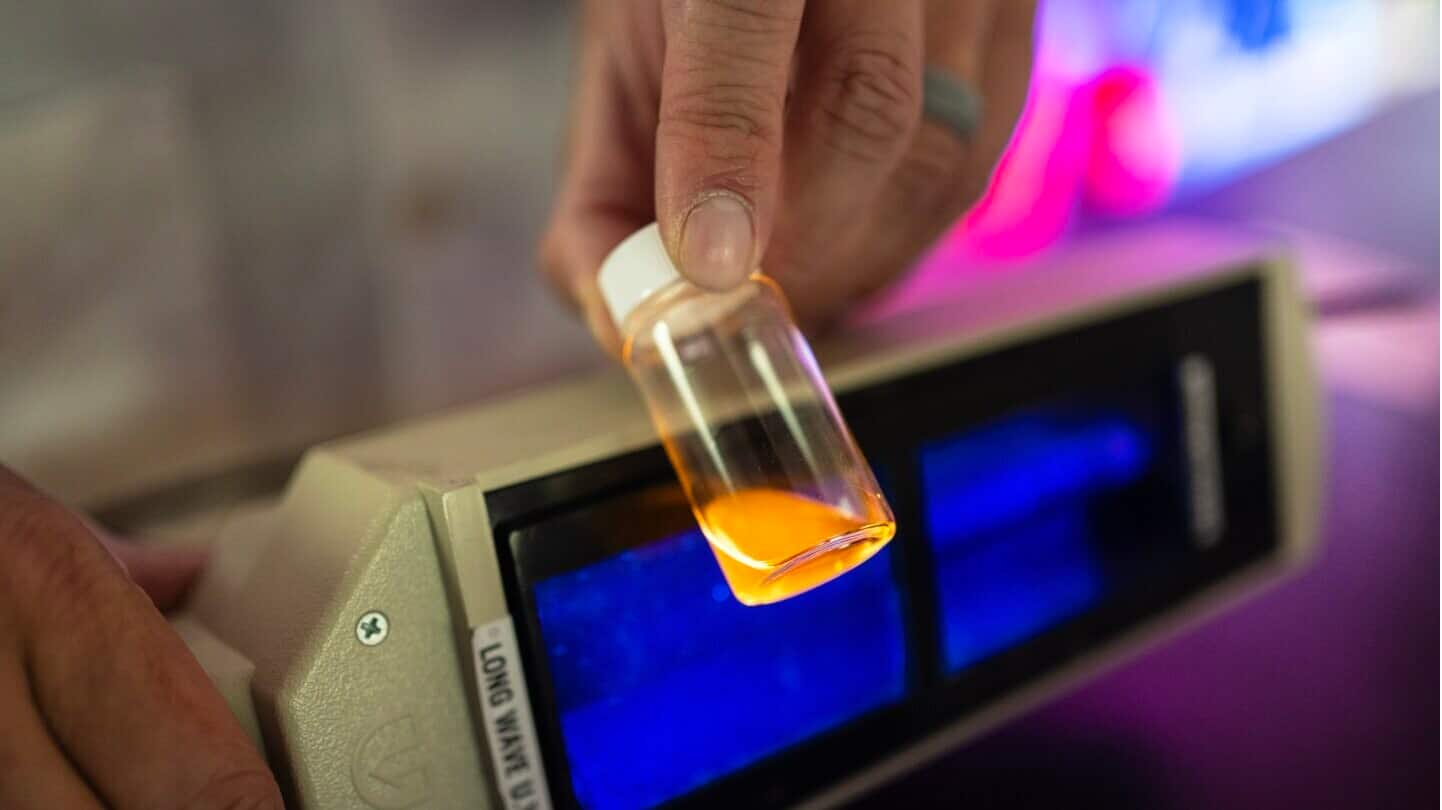
How gold nanoparticles could enhance kidney disease detection
What's the story
A team of researchers from the University of Texas at Dallas, has discovered a potentially more accurate method for detecting kidney disease. Their study, published in Advanced Materials, suggests that using gold nanoparticles as a contrast agent in X-rays could be more effective than traditional blood tests. This groundbreaking research could revolutionize the way kidney diseases are diagnosed and treated.
Research details
Nanoparticles and kidney function
The researchers focused on how kidney damage impacts the movement and elimination of nanoparticles. They found that in mice with severe kidney injuries caused by the drug cisplatin, nanoparticle transport was significantly slowed down. This resulted in nanoparticles remaining longer in the kidneys. The study also revealed that traditional biomarkers like blood urea nitrogen (BUN) and creatinine (Cr) levels could not accurately predict nanoparticle movement in mildly injured kidneys.
Detection method
A potential game-changer in kidney disease detection
The study found a strong correlation between the degree of kidney damage, and the amount of gold nanoparticle accumulation in X-rays. This suggests gold nanoparticles could potentially be used as a noninvasive way to assess kidney injuries. "While our findings emphasize the need for caution when using these advanced treatments in patients with compromised kidneys, they also highlight the potential of gold nanoparticles as a noninvasive way to assess kidney injuries," said Dr. Mengxiao Yu, an author of the study.